Leaky Gut: What Is It, What Causes It, and How to Fix It
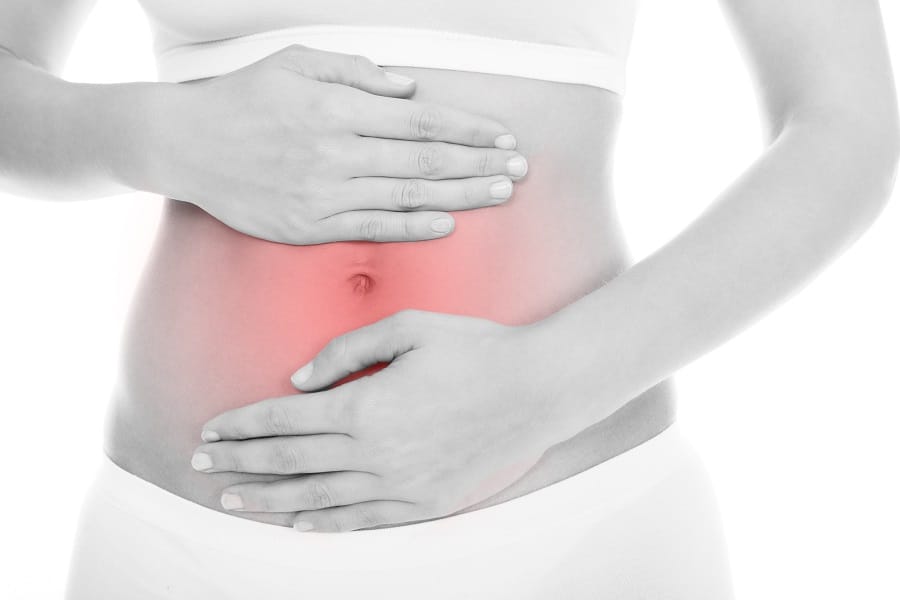
Health Begins in Your Gut
The average human’s gastrointestinal (GI) tract contains upwards of three pounds of microbes – comprising over 1000 different species – that support digestion and absorption of nutrients from food.1 These microbes are jointly referred to as your gut microbiome.
The human gut microbiome is essential for a multiplicity of physiological functions, such as hormone signaling, neurotransmission, immunity, body weight regulation, much more.2
Curiously though, a phenomenon related to deterioration of the gut wall, known as “leaky gut,” is becoming a major concern in the medical community. Chances are you’ve heard of leaky gut either directly or indirectly, but what exactly is it? More importantly, what causes it and how can it be fixed?
Read on as this article will teach you everything you need to know about leaky gut, how it manifests, and the best ways to remedy it.
What Is Leaky Gut and Why Is it Harmful?
Properly digesting and absorbing nutrients from food, while removing noxious substances (toxins), are the primary roles of your gastrointestinal tract (GI). However, when the permeability of the gut wall (specifically the small intestine) is chronically compromised, larger particles of undigested food, endogenous toxins like lipopolysaccharides (LPS), and chemicals from the environment invade the bloodstream, which can cause health and wellbeing to deteriorate rapidly.
This damage of the gut wall is known as “leaky gut.”
In simpler terms: When you have leaky gut, undigested food particles and toxins are able to effectively “invade” your bloodstream.
Why is this a bad thing, you ask?
Ever wondered how you can eat a certain food throughout your entire life and feel no adverse consequences, then one day you eat that same food and feel like something is wrong internally?
This may be because a large undigested particle of that very food has seeped it's way into your bloodstream as your intestinal wall has degenerated. Naturally, your body initiates an immune response to try and destroy this “foreign invader.”
Symptoms of leaky gut may include:
- Bloating
- Excessive inflammation
- Constipation or diarrhea
- Hormonal abnormalities
- Mood disturbances and cognitive malfunctions
- Reduced libido
- Unexpected weight gain
- Poor sleep
- Decreased energy
- Blood sugar imbalance
As you can see, your gut impacts pretty much every aspect of your health and quality of life. Intuitively, encouraging healthy microbiota balance is not only critical to help us survive but also to thrive. The gut is often referred to as the “second brain” and in many ways the gut is the “command center” of the human body.
Therefore, like your brain, it’s imperative to take care of the gut so it can support you when you need it most.
How to Treat Leaky Gut & Improve Gastrointestinal Health
The first order of business for treating leaky gut is to eliminate pro-inflammatory foods from your diet. When you chronically eat foods that initiate a low-grade inflammatory response, your gut wall can lose its integrity and exacerbate symptoms of leaky gut.
According to research, the primary food culprits of low-grade inflammation include:
- Added sugars (and foods/drinks containing them, such as soda, candy, pastries, etc.)
- Refined flour (e.g. processed bread, crackers, pasta, tortillas, chips, etc.)
- High-fat dairy products
- Vegetable oils (particularly soy, corn, sunflower, and palm oils)
- Grain-fed and processed meat products
It’s crucial to eliminate (or at least greatly reduce) consumption of these pro-inflammatory foods and replace them with nutrient-dense gut balancing whole foods.
But which foods encourage the growth of healthy gut microbes?
Healthy gut microbiota feed on undigested fiber and prebiotics. As such, by eating a diet rich in soluble fiber, insoluble fiber, and special types of carbohydrates such as digestion-resistant starch and fructooligosaccharides (FOS), you give healthy bacteria the nutrients they need to flourish.
These types of carbohydrates are typically found in foods like sweet potatoes, oats, bananas, tapioca, and artichoke. It’s also an option to supplement directly with inulin - a special type of dietary fiber from chicory root that is rich in FOS.
“What about Probiotics?”
The general public believes that probiotics should be the first line of attack for encouraging healthy gut balance. While the right probiotic supplements can be useful, focus should be placed on the dietary changes mentioned in the previous section. Given this, only use a probiotic if you’re already making the necessary nutritional adjustments to improve your gut health and treat leaky gut.
Due to the emerging evidence of gut microbiome importance, supplement companies that manufacture probiotics are seeing sales skyrocket.
You’re probably wondering: “What exactly probiotics are and why there is so much hype about them?” In short, probiotics are quite literally the opposite of antibiotics. Remember the last time you had a bacterial infection and the doctor gave you amoxicillin (penicillin)? That was to destroy the bacteria causing the infection.
Probiotics, on the contrary, are usually a capsule form of “friendly” viable bacterial cells that are thought to promote better gut health. Research demonstrates the improving efficacy of probiotics and how they can help promote a healthy gut microbiome, which in turn has implications for treating/preventing leaky gut.3
In past decades, a major limitation for probiotics was finding viable bacteria that could survive the acidic environment of your stomach. Stomach acid is low in pH (i.e. highly acidic) and readily destroys/breaks down many substances, as well as living things such as bacteria.
Thankfully though, advances in biotechnology make many modern probiotic supplements much more efficacious thanks to bacterial strains that readily survive in your stomach. In general, the most beneficial probiotic bacteria are bifidobacteria and lactobacilli.
Key Takeaways About Leaky Gut
- Leaky gut is when your gut (intestinal) wall becomes severely compromised, which can lead to undigested food particles and toxins effectively “invading” your bloodstream and initiating an inflammatory response.
- The key to treating/preventing leaky gut is encouraging a healthy gut microbiome balance.
- Eating the right foods (e.g. fiber, digestion-resistant starch, and prebiotics) while reducing/eliminating pro-inflammatory foods (e.g. added sugar, refined grains, and processed meat) is essential for promoting a healthy gastrointestinal environment in which “friendly” microbes can flourish.
- Probiotics, particularly bifidobacteria and lactobacilli, can be useful for promoting healthy gut microbiome balance, especially when used in conjunction with a proper gut-nourishing diet.
References
- Kau, A. L., Ahern, P. P., Griffin, N. W., Goodman, A. L., & Gordon, J. I. (2011). Human nutrition, the gut microbiome and the immune system. Nature, 474(7351), 327.
- Le Chatelier, E., Nielsen, T., Qin, J., Prifti, E., Hildebrand, F., Falony, G., ... & Leonard, P. (2013). Richness of human gut microbiome correlates with metabolic markers. Nature, 500(7464), 541.
- Gerritsen, J., Smidt, H., Rijkers, G. T., & Vos, W. M. (2011). Intestinal microbiota in human health and disease: the impact of probiotics. Genes & nutrition, 6(3), 209.
- Joshua Lovern

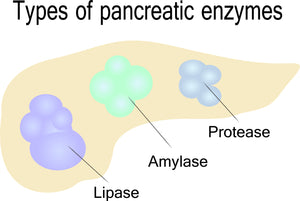

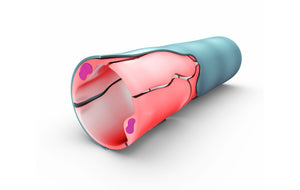
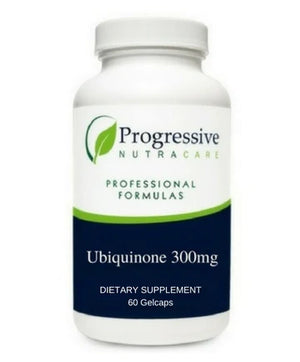

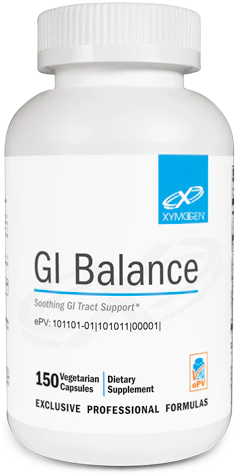
Comments 0